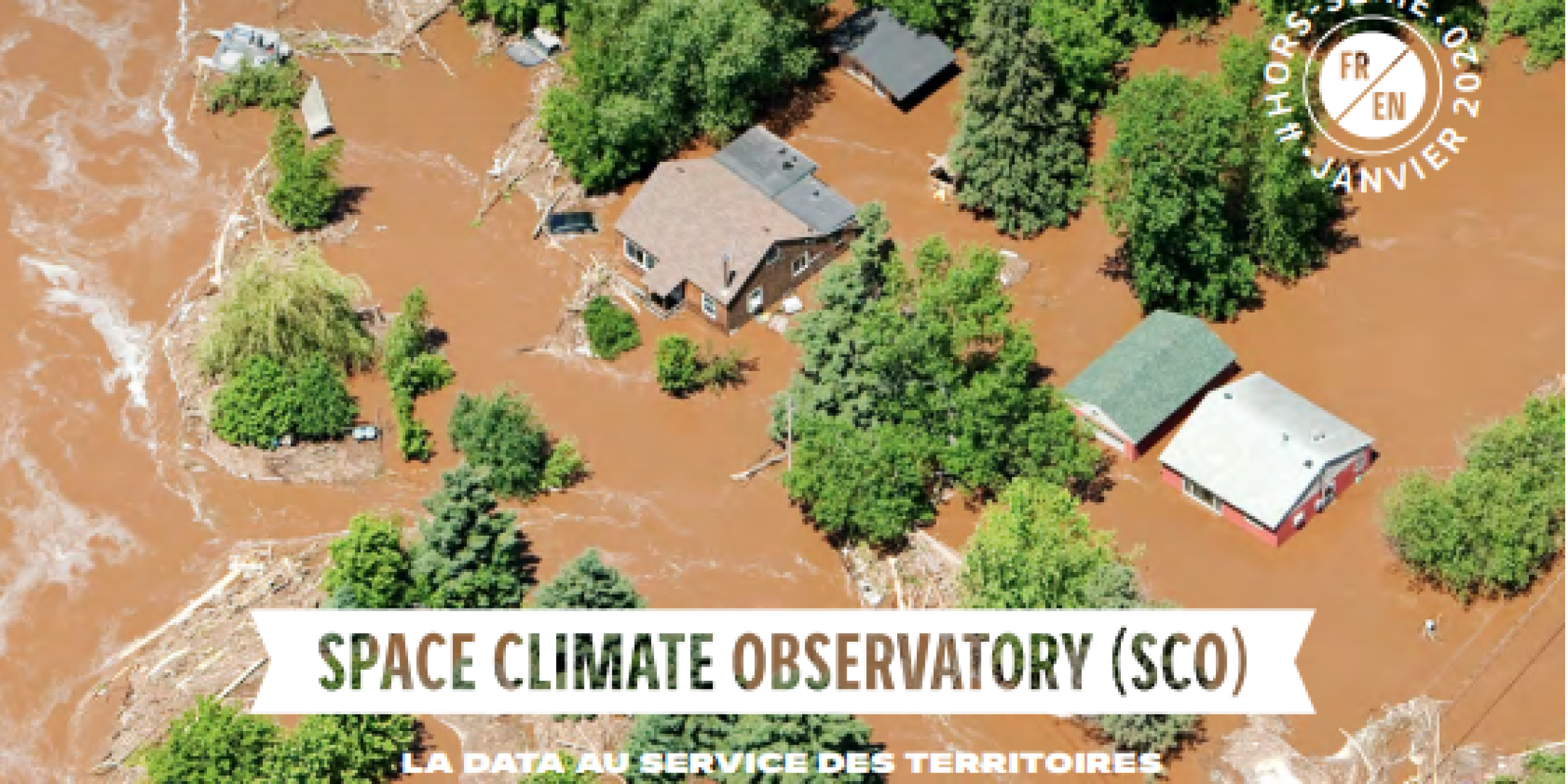The new edition of https://fscience-old.originis.fr/wp-content/uploads/2023/06/GLOC_Oslo_Norway_S2_27juillet2022_web-2-1.jpgMAG is a special issue dedicated to the Space Climate Observatory (SCO).
Editorial of Jean-Yves Le Gall, President of https://fscience-old.originis.fr/wp-content/uploads/2023/06/GLOC_Oslo_Norway_S2_27juillet2022_web-2-1.jpg :
Alongside the international mobilization to rise to the challenge of climate change, which led in 2015 to the adoption of the Paris Agreement, are the less well-known efforts being pursued to achieve climate resilience. This is no small matter, for the inertia of the climate system is such that it will be impossible to halt the trend of global warming before 2050, meaning that territories are going to have to learn to live with higher temperatures, rising sea level and possibly the spread of exotic diseases to temperate regions. Some regions seem more vulnerable than others, like for example Equatorial Africa, Indonesia and the many island nations around the globe. While France would appear less exposed, it will nonetheless have to cope with the gradual depletion of its groundwater resources, more-intense urban heat islands and recurring floods. It is to address local needs that https://fscience-old.originis.fr/wp-content/uploads/2023/06/GLOC_Oslo_Norway_S2_27juillet2022_web-2-1.jpg launched the Space Climate Observatory (SCO) initiative, which was subsequently selected by President Emmanuel Macron at the One Planet Summit in December 2017. The SCO combines the expertise of the world’s space agencies to supply satellite data that will serve to model the impacts of climate change on specific territories. Europe, with its data infrastructures like Data Terra and its Copernicus satellite programme, is a key asset in this respect for the SCO, which will also be supporting official development assistance projects. France is the first country to have set up its own national SCO, with 18 organizations partnering https://fscience-old.originis.fr/wp-content/uploads/2023/06/GLOC_Oslo_Norway_S2_27juillet2022_web-2-1.jpg to contribute their research infrastructures, subject matter expertise and databases to help our territories in metropolitan France and overseas to gear up and ready themselves to tackle climate change, the main challenge facing us in the 21st century.
To read further, click here.








